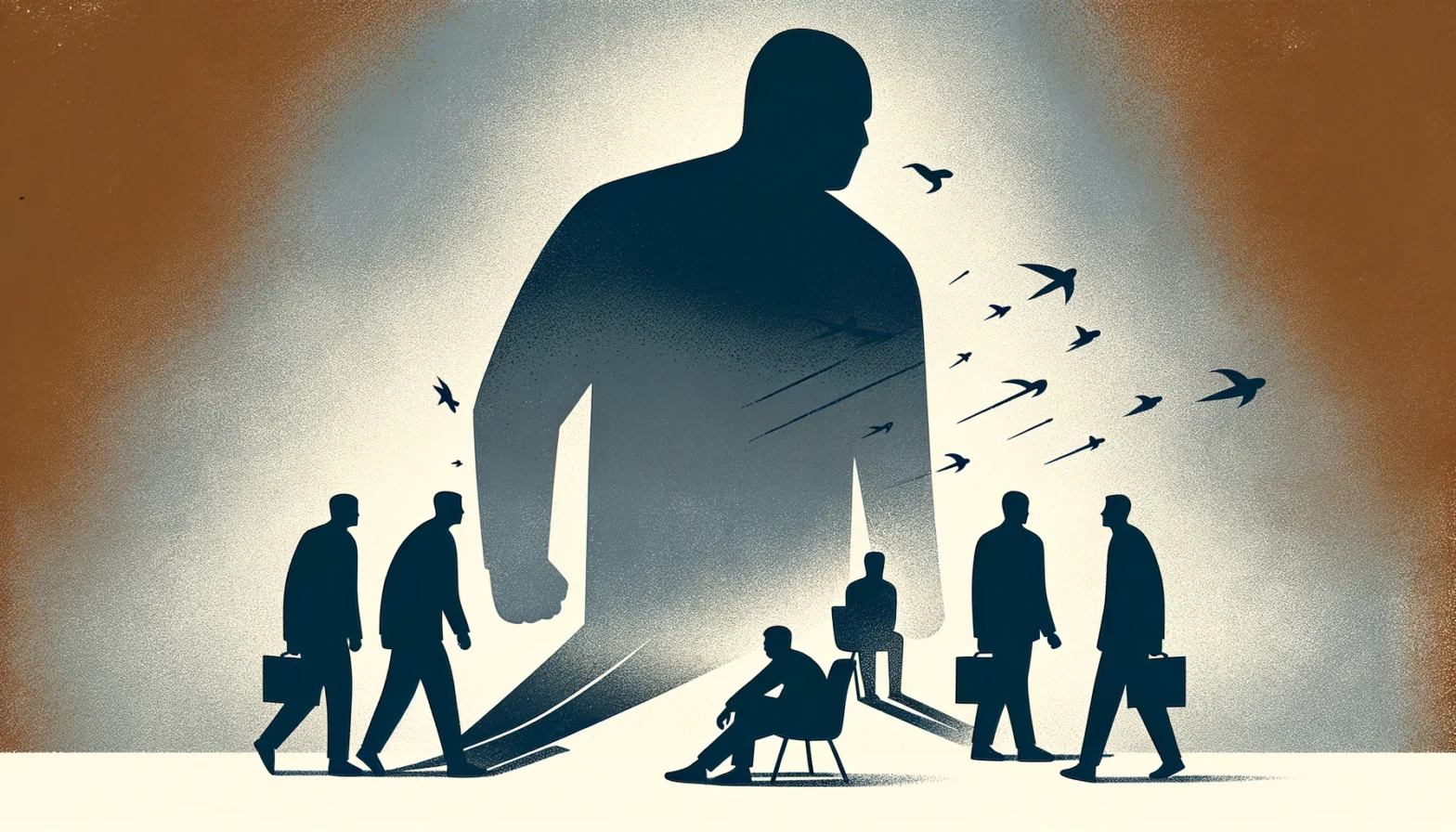How HR teams can uproot workplace toxicity
- 4 Min Read
According to the National Bullying Helpline, 80% of managers are aware that bullying occurs in their workplaces. However, 37% of them admit that they have received no training to combat it.
- Author: HRD Connect
- Date published: Feb 21, 2024
- Categories

The UK’s Ambulance Service is facing serious accusations of bullying, harassment, discrimination, and a failure to address these issues adequately.
Recent reports have highlighted a pervasive culture of fear among staff, preventing them from speaking up about issues including sexism, racism, and homophobic behaviors. This negative culture has been described as cliquey and detrimental to both staff and patient safety, prompting calls for a comprehensive cultural review of ambulance organizations by the NHS National Freedom to Speak Up Guardian.
The review found widespread cultural issues, bullying, harassment, and even sexual harassment, with some workers reporting that these behaviors had not been addressed adequately by their trusts.
In a specific instance, the East of England Ambulance Service NHS Trust was recommended to be placed in special measures due to high levels of bullying, harassment, and discrimination. This recommendation came after whistleblowers raised concerns about the safeguarding of patients and staff. Inspectors from the Care Quality Commission (CQC) found that the trust’s leadership failed to recognize the risk to staff and patient safety posed by the poor culture within the organization.
The trust was also referred to the Equality and Human Rights Commission over a potential breach of the Equality Act 2010. The CQC’s findings indicated a failure by the executive team to identify and mitigate risks stemming from a toxic work environment.
The Prevalence and Impact of Workplace Bullying
Workplace bullying is a widespread problem that affects a significant number of employees. According to the National Bullying Helpline, 80% of managers are aware that bullying occurs in their workplaces.
However, 37% of them admit that they have received no training to combat it. This lack of preparedness can lead to a toxic work environment, where employees feel unsafe and unsupported.
The impact of workplace bullying is far-reaching. It can lead to a range of mental health issues, including stress, anxiety, and depression. In extreme cases, it can even lead to suicide. Moreover, bullying can also affect an employee’s physical health, causing symptoms such as sleep disturbances, cardiovascular diseases, body aches and pain, loss of appetite, and headaches.
Addressing Workplace Bullying: The Role of HR Teams
The responsibility of addressing workplace bullying largely falls on the HR team. They play a crucial role in enforcing a culture that deters bullying and supports those who have been victims of such behavior. This involves implementing robust policies on equal opportunities and anti-harassment and bullying, and raising awareness and understanding within the organization.
One of the key recommendations from the report into the UK’s ambulance service is that operational performance should be balanced with people performance at all levels. This means that while meeting operational targets is important, ensuring that employees feel comfortable and safe in the workplace is equally crucial.
The report also recommends that HR policies should be harmonized and more consistent across all services. This includes developing a bespoke HR and Organizational Development (OD) plan for cultural and employee relations challenges within the service, and a separate equality, diversity, and inclusion improvement plan.
The Way Forward
The role of HR teams in this fight cannot be overstated. They are the custodians of workplace culture, tasked with the responsibility of ensuring that the workplace is a safe, respectful, and inclusive space for all employees.
By implementing robust policies, raising awareness, and providing support to victims of bullying, HR teams can play a pivotal role in eradicating workplace bullying.
However, the responsibility does not lie with HR teams alone. Every employee has a role to play in creating a bully-free workplace. This involves standing up against bullying, supporting victims, and fostering a culture of respect and dignity.
In the words of Siobhan Melia, who led the review into the UK’s ambulance service, “A focus on operational performance often overshadows a focus on people and culture, creating a disconnect between the two, and this is an opportunity for change.”
It is high time that organizations seize this opportunity and make the necessary changes to create a workplace that is free from bullying.








